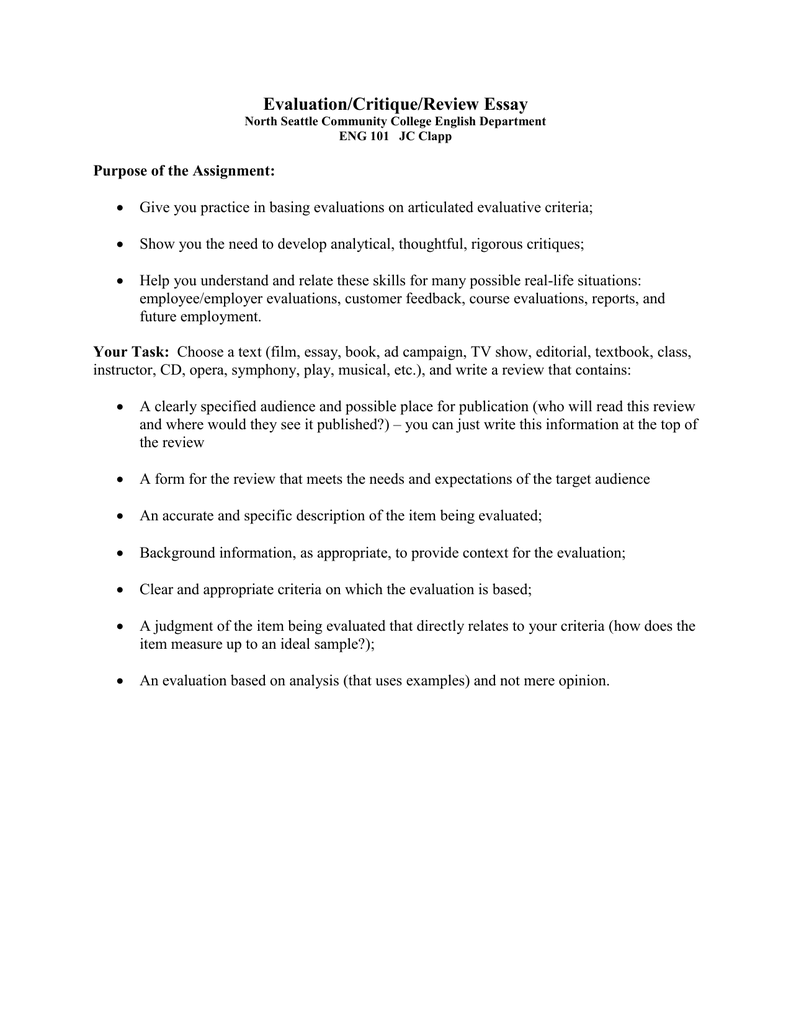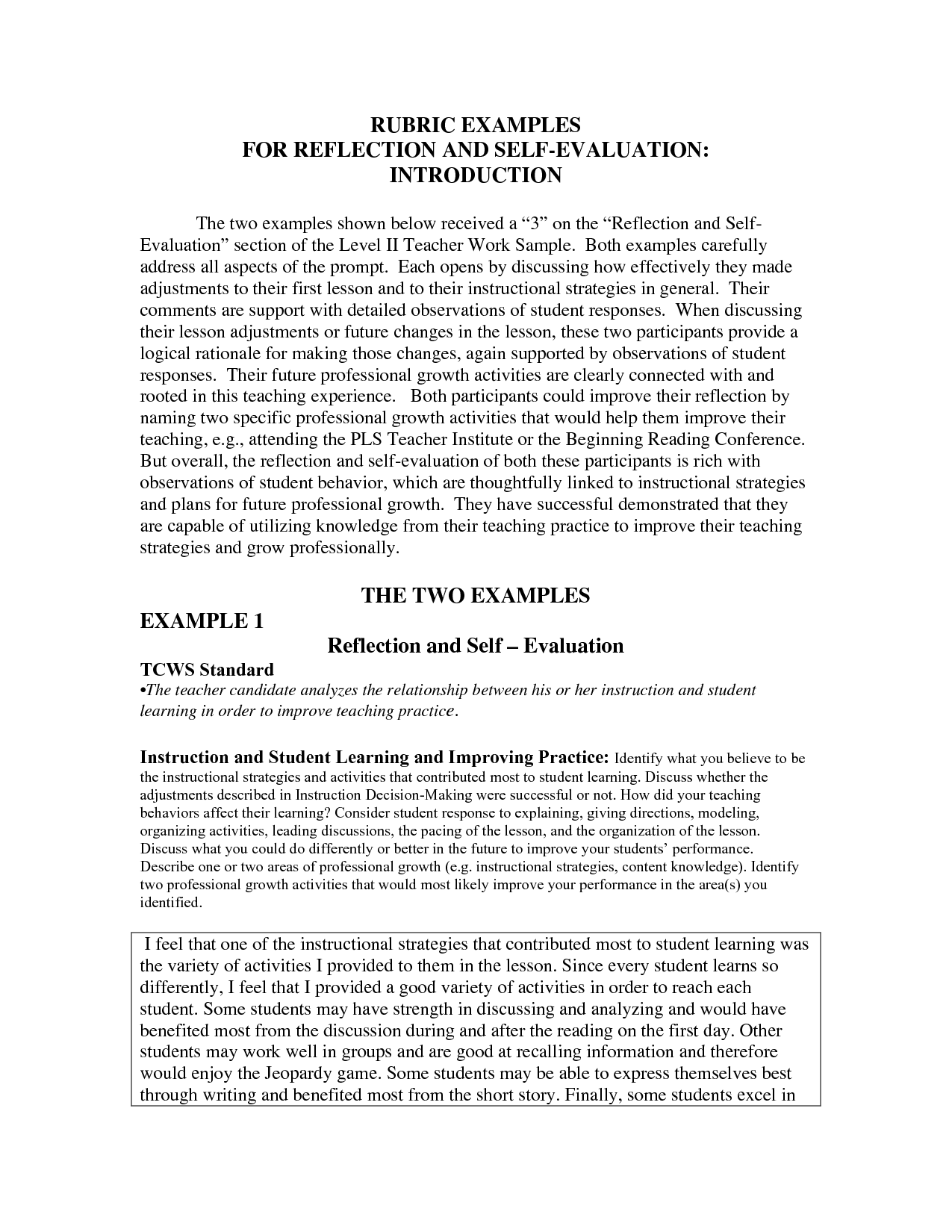Students may dread group critiques because the word “critique” can conjure up negative feelings. A good critique is a fair assessment that examines all aspects of an object and renders a judgment. It explains the reasoning behind the author’s judgment and allows readers to understand what she or he values. The word “critique” can be intimidating for some students, but it doesn’t have to be. Read on to learn how to write a critique essay and how to make the most of the class’s time.
Critiquing a work of literature
When you critique a work of literature, you can make a number of different points. While some critiques ask you to rate the work, others will just ask you to explain your feelings. While writing a critique, be sure not to censor your feelings, as the process of analyzing these feelings will help you communicate them in an essay. After reading a piece, you should also try reading it again to make sure you understand the pieces’ basic meaning.
When writing a critique, you should take the time to read the work thoroughly, asking yourself questions and considering the reasons why characters do the things they do. You may want to create a T-chart that lists characters in one column and their actions in the other. Be sure to include the reasons why the characters do the things they do, so that you can make a valid critique. Then, you can compare and contrast your answers to the writer’s.
A good literary reviewer has the ability to write effectively and persuasively. Whether you’re writing about a work of fiction, a film, a play, or a novel, you’ll need to analyze the text for flaws. You’ll need to look for evidence within the text, including quotes, events in the story, and actions of characters. You should write your critique so that each paragraph addresses one of these pieces of evidence.
Including a summary in a critique essay
In a critique essay, the body should contain a thesis statement and supporting paragraphs that state your main points. Your summary should not focus on the work, but instead, evaluate the creator’s ability to accomplish his or her purpose. For example, if you’re writing a critique essay about a research project, your summary would explain how you selected subjects, designed the experiment, and analyzed the data.
The purpose of a critique is to help the reader understand the work. Be as specific as possible and give the primary reasons for your analysis. Make sure to conclude with recommendations on how the work can improve. For a good template, try checking the Secrets of Essay Writing. You can also use a critique analysis template. It also gives helpful tips on how to write an essay. For more information, check out the Thompson Rivers University’s website.
The body of the essay should be filled with substance and analysis. Never make sweeping statements without supporting evidence. Always support your main points of analysis with textual evidence from the source material. You can also include endnotes or footnotes to cite necessary references. This will help your readers understand what you’re talking about. Once you’ve gathered your evidence, you can move on to the next step, which is writing your critique.
Writing a one-sentence thesis
When writing a critique essay, you should begin by providing a brief overview of the article or book that you are reviewing. In addition to this, you should provide a one-sentence thesis statement that conveys your point of view about the piece. The thesis should be concise, a brief summary that captures the essence of what you’re writing about. Your body of the essay should be composed of supporting paragraphs that provide evidence that supports your main idea and thesis.
While detective stories may not be considered high-level literary art, their popularity remains undiminished. Crime and justice have long fascinated us. The problem with these stories, however, is that they do not have a strong foundation in the literature. In fact, crime and punishment are not the only problems faced by Africans. Many of these issues are genuinely serious and need attention. Your thesis should be concise, focus on one single idea, and develop supporting points in the body of your essay.
The thesis statement should be specific and align with the type of essay you are writing. A descriptive essay should include a thesis statement about what readers should expect to learn from reading the essay. A critique essay should be informative. As an example, write a thesis statement that guides readers to the conclusion of the article. For example, a thesis statement might read: “It is important to define the form of an essay,” indicating that it is a narrative essay.




